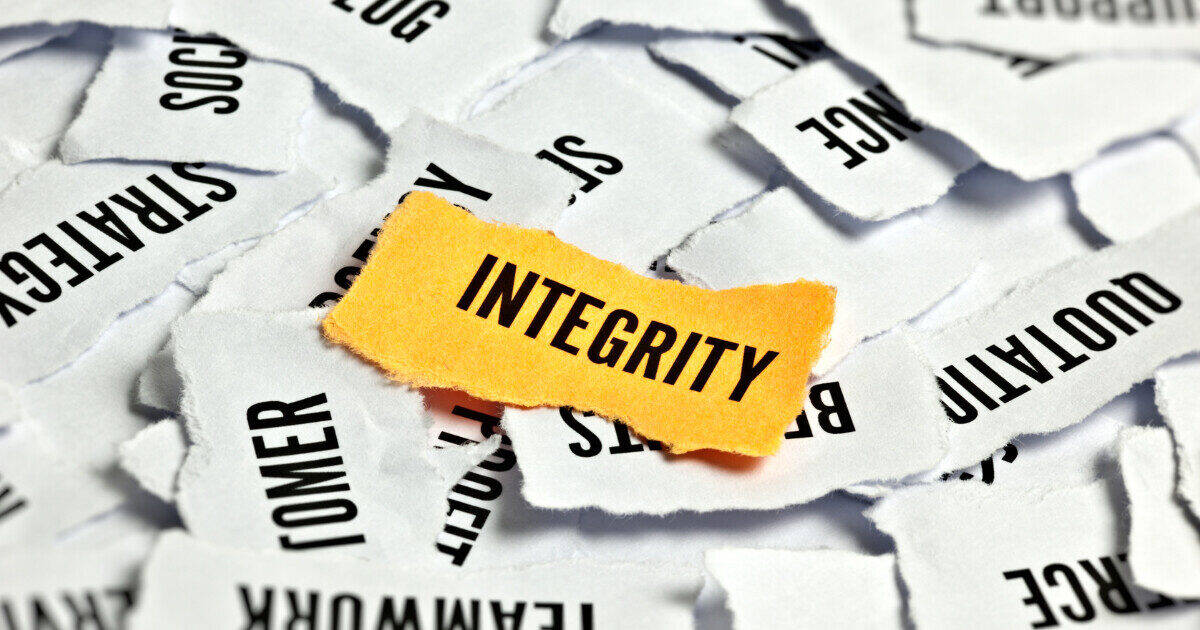In executive leadership, authority isn’t about being the smartest person in the room. It’s about how you lead, especially when you’re not the expert. Letting go of control doesn’t mean losing authority—it means changing your relationship with it. This shift starts with integrity.
When you lead with integrity, you don’t need to be the technical expert. Your authority comes from trust, clarity, and consistency. That’s what gives your leadership staying power.
Redefine Authority: Integrity Over Expertise
Many leaders confuse authority with expertise. They try to hold onto control by becoming the answer to every question. That’s a trap. Authority based on being the one who knows everything is brittle. It breaks under pressure.
Integrity, by contrast, creates durable authority. When your team sees that you act in alignment with your values, that you make decisions that are consistent and honest, they trust you. You don’t need to be an expert when you’re transparent about what you know and what you don’t.
Leading with integrity means owning your gaps without apology. It means prioritizing the right decisions over being the one to make them. This doesn’t make you weak. It makes you credible. The more honest you are, the more authority you gain.

Build Trust Through Transparency
You don’t need to have all the answers to lead effectively. But you do need to show your team how you think, why you make decisions, and who you listen to. That’s transparency. It earns trust faster than any performance of certainty.
Being transparent might mean admitting you’re not the most informed person in the room. It might mean bringing in people who are more knowledgeable than you. It might mean changing your mind. These are not liabilities—they’re leadership skills.
When your team sees you’re not hiding your uncertainty, they become more willing to share their expertise. That exchange only happens when they know you’re leading with honesty, not ego.
Let Go of Control to Empower Others
Letting go of control is uncomfortable. For many leaders, control is a safety blanket. But if you’re not the expert, holding on to every decision is a fast way to stall your team.
Empowerment is a leadership choice. When you give people space to use their judgment, you show them you trust their capabilities. That trust is contagious. It builds accountability and initiative across your team.
Letting go doesn’t mean stepping away. It means being clear about outcomes, staying present in the decision-making process, and resisting the urge to micromanage. Authority doesn’t come from hovering. It comes from enabling others to excel.

Make Decisions with Integrity
Even if you’re not the expert, you’re still accountable. That means owning the decisions that come through your leadership. The way you make those decisions matters.
Decisions grounded in integrity prioritize long-term values over short-term wins. They reflect consistency, transparency, and care. Integrity doesn’t mean getting every decision right. It means being accountable for how and why the decision was made—and staying open to course correction.
You don’t outsource your judgment, even when you rely on experts. Your role is to interpret input through the lens of your values and the goals of the organization. That’s how you maintain leadership when you’re not driving the technical side.
Model a Culture of Learning
Leading when you’re not the expert requires humility. That humility is the foundation of a learning culture.
When your team sees you learning—asking questions, listening carefully, updating your thinking—they follow suit. They stop pretending to know everything. They start collaborating more. The result is a smarter, more resilient organization.
A leader who learns openly shows that growth is not a weakness. It’s a standard. That shifts the team dynamic away from status and toward contribution. And it keeps your leadership relevant, especially in fast-changing environments.

Bottom Line
Letting go of control doesn’t mean letting go of authority. It means redefining it. When you lead with integrity, your authority isn’t tied to having the answers. It’s tied to how you think, how you decide, and how you treat people.
Your role as a leader is to create conditions for clarity, accountability, and contribution. That requires transparency, empowerment, and a willingness to stay grounded in your values. This kind of authority holds up, even when you’re not the expert in the room.
Want to build a thriving team culture? It all starts with you – and I can help Schedule a call or video conference with Kyle Kalloo or call us right now at: 1-844-910-7111







